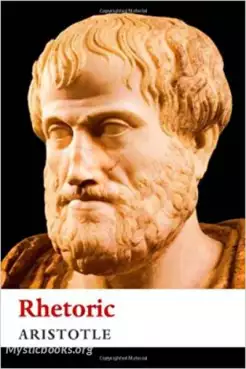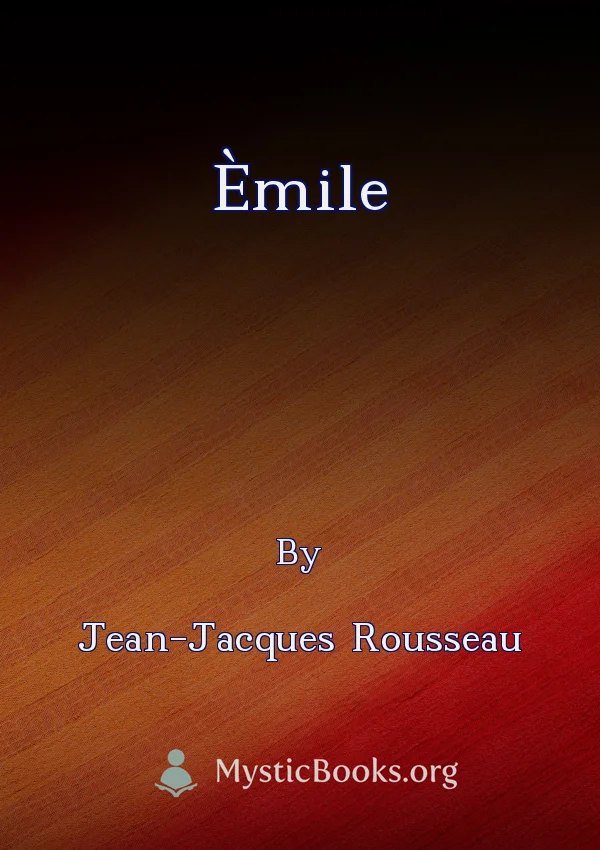
Èmile
'Èmile' Summary
Emile, or On Education is a fictionalized treatise on education by Jean-Jacques Rousseau, published in 1762. It tells the story of Emile, a boy raised according to Rousseau's principles of natural education, which emphasizes observation, experience, and the development of natural abilities. Rousseau argues that children are inherently good but are corrupted by society. He believes that education should be based on the child's natural development, and that they should be allowed to learn through experience rather than through rote memorization. Rousseau advocates for a hands-on approach to learning, where children are encouraged to explore the world around them and to discover their own talents. He also emphasizes the importance of moral education, arguing that children should be taught to think for themselves and to act in accordance with their own conscience. In the book, Rousseau also explores the concept of the social contract, which is the idea that individuals agree to give up some of their freedom in exchange for the benefits of living in a society. He argues that this contract should be based on the principles of natural law, which are derived from reason and human nature. The book has been widely praised for its insights into child development and its vision for a more humane and just society. However, it has also been criticized for its romanticized view of nature, its utopian ideals, and its emphasis on individual autonomy. Despite its controversies, Émile remains one of the most influential works on education ever written, and it continues to inspire educators and thinkers today.Book Details
Language
EnglishOriginal Language
Published In
Genre/Category
Tags/Keywords
Authors

Jean-Jacques Rousseau
Switzerland
Jean-Jacques Rousseau was a Genevan philosopher, writer, and composer. His political philosophy influenced the progress of the Enlightenment throughout Europe, as well as aspects of the French Revolut...
Books by Jean-Jacques RousseauDownload eBooks
Listen/Download Audiobook
- Select Speed
Related books
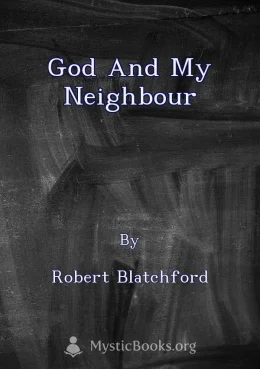
God and my Neighbour by Robert Blatchford
This book provides a critique of Christianity by examining its claims, beliefs, and evidence. The author argues that Christianity is not true because...
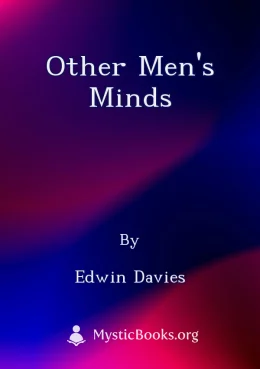
Other Men's Minds by Edwin Davies
This book is an extensive collection of insightful excerpts drawn from a wide range of historical and contemporary authors. It provides a rich tapestr...
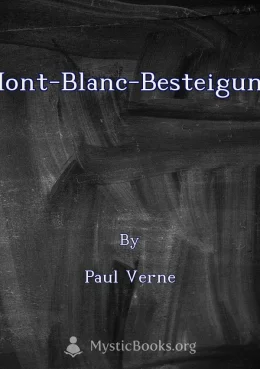
Mont-Blanc-Besteigung by Paul Verne
Paul Verne war der Bruder von Jules Verne. Er verfaßte für die Buch Reihe seines Bruders zwei Reiseberichte, die zusammen mit Jules Verne Romanen in S...
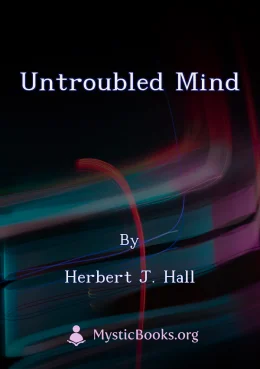
Untroubled Mind by Herbert J. Hall
Herbert J. Hall, a wise physician, posits that a patient's perception of their illness and life significantly impacts their well-being. This book expl...
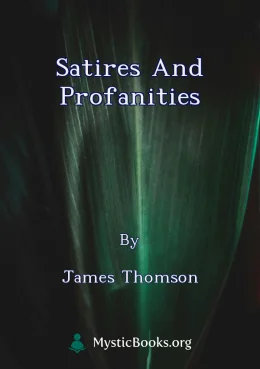
Satires and Profanities by James Thomson
This collection of essays and articles by James Thomson, a brilliant and controversial freethinker, is a scathing critique of religion, society, and p...

Word of an Engineer by James Weldon Johnson
"Word of an Engineer: A Life of James Weldon Johnson," is a comprehensive biography of James Weldon Johnson, a prominent African American figure in th...
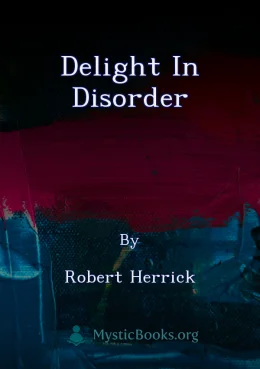
Delight in Disorder by Robert Herrick
Delight in Disorder is a collection of poems by Robert Herrick, first published in 1648. The poems are mostly short and lyrical, and they celebrate th...

Rainbow by Richard le Gallienne
The Rainbow, a collection of poems by Richard Le Gallienne, explores themes of love, beauty, nature, and the fleeting nature of life. Through evocativ...

Essays, Second Series by Ralph Waldo Emerson
Emerson's *Essays, Second Series* builds upon the themes explored in his first series, delving deeper into his philosophy of individualism, self-relia...
Reviews for Èmile
No reviews posted or approved, yet...
